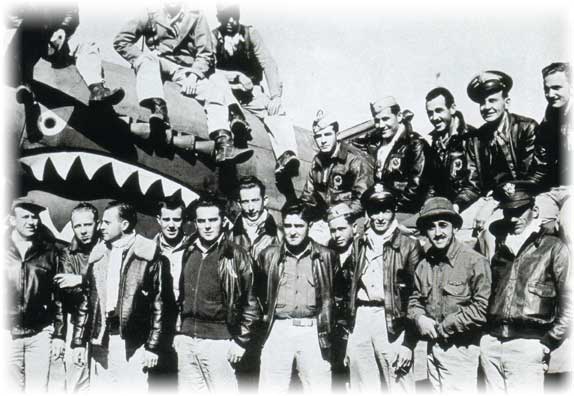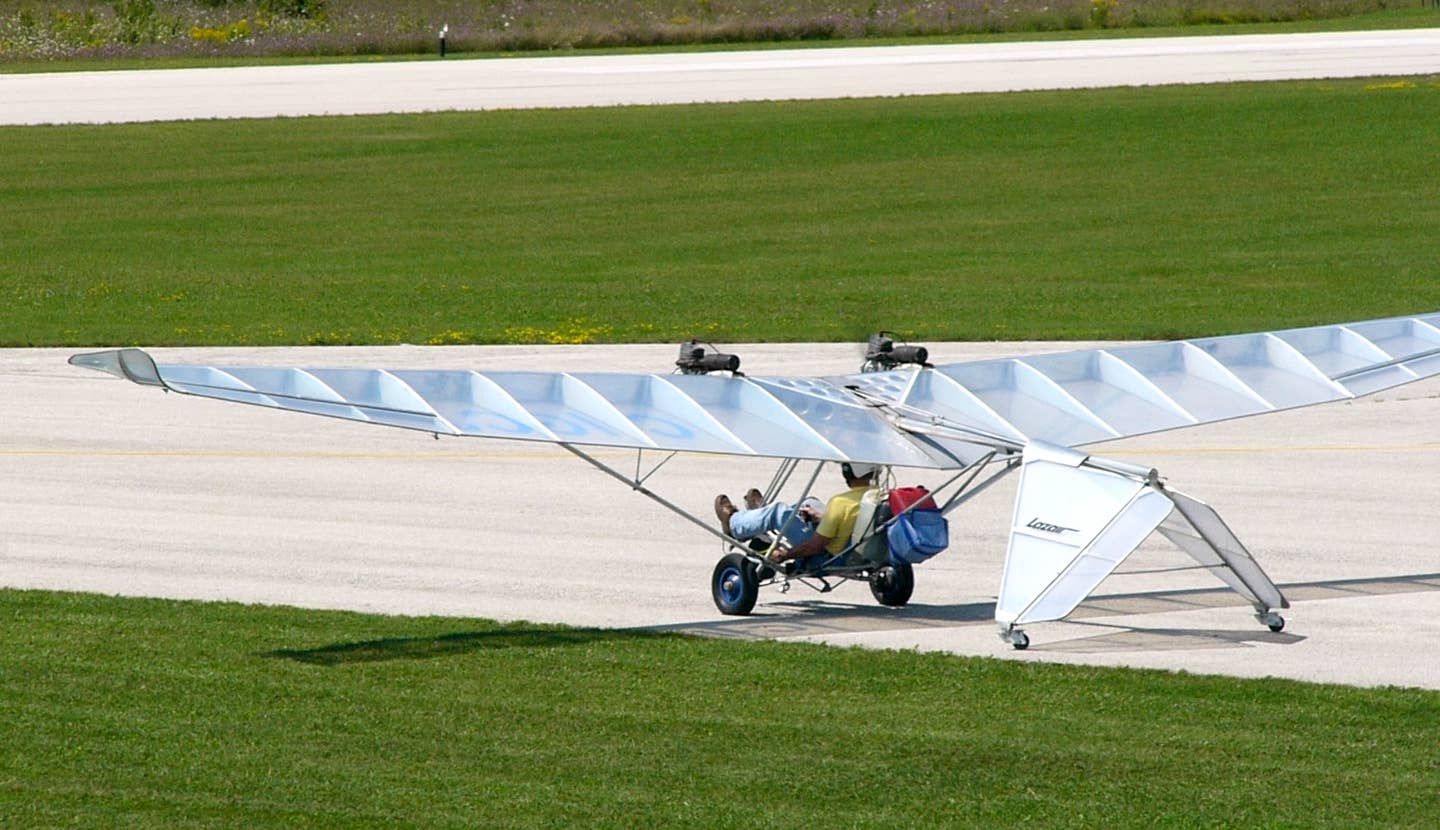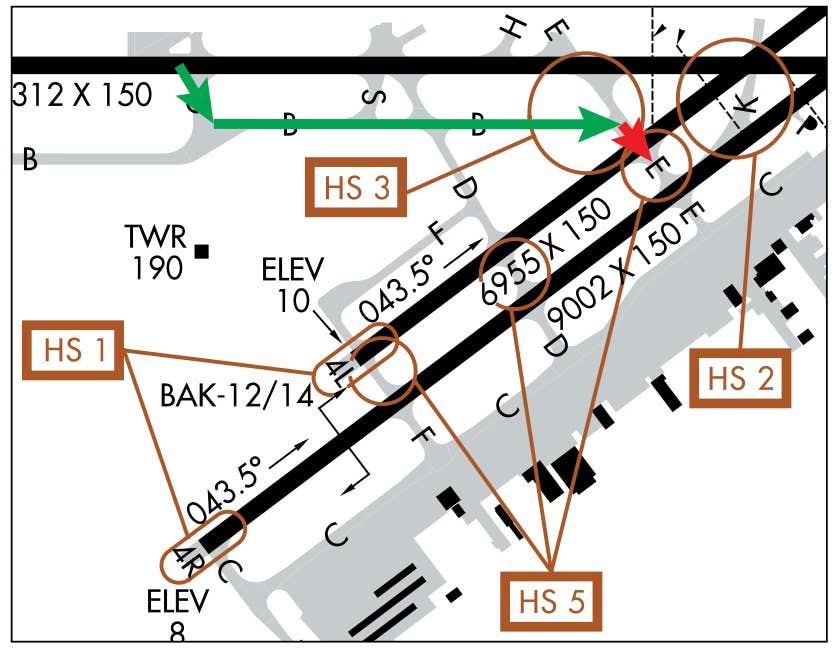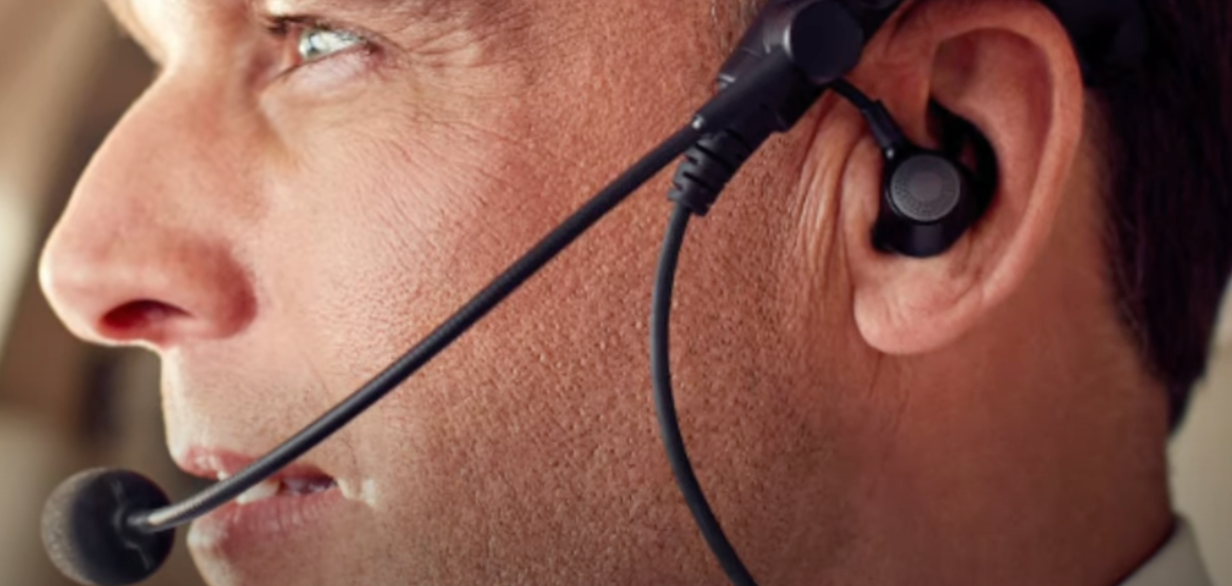Eye of Experience #59:Pass That Flight Test
AVweb’s Howard Fried has used several of his past columns to tell us about the crazy things people have done while taking flight tests. This month in “Eye of Experience,” he tells us what we should do to pass the tests.
 When I was first recruited by AVweb to write a column coming fresh off my FLYING magazine column dealing with flight testing called "The Eye of the Examiner," I was given the freedom to write whatever strikes my fancy (so long as it is in reasonably good taste). At that time, I informed the readers of this column that from time to time I would address the subject of flight testing, and I have done so. As J. Mac McClellan, editor-in-chief of FLYING magazine, put it when he hired me to write the column: "Everybody takes checkrides." And after conducting well over four thousand practical tests, and having taken almost every pilot and instructor test the FAA offers, even someone as dense as me managed to learn a bit about the subject of taking tests.
When I was first recruited by AVweb to write a column coming fresh off my FLYING magazine column dealing with flight testing called "The Eye of the Examiner," I was given the freedom to write whatever strikes my fancy (so long as it is in reasonably good taste). At that time, I informed the readers of this column that from time to time I would address the subject of flight testing, and I have done so. As J. Mac McClellan, editor-in-chief of FLYING magazine, put it when he hired me to write the column: "Everybody takes checkrides." And after conducting well over four thousand practical tests, and having taken almost every pilot and instructor test the FAA offers, even someone as dense as me managed to learn a bit about the subject of taking tests.
Written (Now Called "Knowledge") Test
For over 10 years I taught a private pilot ground school course as part of the adult education program offered by the school board in the district where my flight school was located. This course was offered for high-school credit for those who needed or wanted it, and was part of the regular school program, offered twice a year in the fall and spring semesters. Over the years we also did it twice in the summer. Enrollment averaged 105 for each session. (It was offered free and that magic word brought them out in droves.) I would hit them with homework the very first session and would drive away the curiosity seekers, finishing each term with between 50 and 60.
Of the first 550 graduates of that course who took the FAA written, only three busted! This was at a time when the national bust rate was above 40 percent! The answer to our success is simple - we cheated. We gave a final exam three times as tough as the FAA written, and only those who scored 80 percent or better on our final were issued graduation certificates and allowed to take the FAA test.
My theory in teaching this course was that if the student knew the material, the exam would take care of itself. I am bitterly opposed to the system of teaching questions and answers. With that system, the retention is zilch, and the student learns nothing useful except how to pass the test. For that, it works, and works very well, but I believe it is much better to teach the material and let the exam take care of itself.
As for study materials, an FAA Inspector once told me that an applicant can pass the Private, Commercial, and Instrument writtens (and I believe it is true) by learning only the FARs (Parts 61 and 91 and the NTSB accident reporting sections), the FAA weather book and the AIM. I would add to that the legend on the charts. As far as the commercially packaged programs are concerned, I have evaluated them all, from the filmstrips and phonograph discs through the videos and up to the DVDs.
Oral Test
Of course, in the final analysis, passing a checkride depends on whether or not the applicant succeeds in meeting the standard of the PTS (Practical Test Standards). But even so, the examiner or inspector can't help but be impressed by the attitude, actions and appearance of the applicant.
One of the things that you can do to show the examiner or inspector that you are serious about taking the test is to be prompt about keeping the appointment. It wouldn't hurt to even be a little early. It was always surprising to me to see how many applicants showed up late for their flight tests. When an individual shows up late for something as important as a flight test, the evaluator can't help thinking that this person isn't addressing the situation with the seriousness it deserves.
What the examiner is looking for is a well-prepared applicant, and another way for you to impress the examiner is to have the paperwork, particularly the application form, properly filled out. It should be neat, and above all, accurate. For example, the evaluator will be negatively impressed with your ability to follow instructions if you have entered your height in feet and inches when the form clearly states that it wants this number in inches only. Any such discrepancies must be corrected before the examiner forwards the paperwork to the FAA, and the examiner isn't likely to be favorably impressed if he has to correct your mistakes and those of the recommending instructor. Even worse, if some such mistake slips past the evaluator, he gets gigged by the feds. I've even had more than one applicant come in for a checkride without an application. The excuse offered in each case was that he didn't know one was required.
While we're on the subject of how you present yourself to the examiner, let me point out that your overall attitude is extremely important. An air of quiet confidence, without a trace of cockiness, makes a favorable impression. Virtually all applicants show some signs of nervousness, and this is perfectly natural. Demonstrating an extreme lack of confidence in your ability is not. And nothing turns an evaluator off more than a know-it-all applicant, who attempts to act superior to the evaluator.
However, if you really want to impress the examiner or inspector, do as I suggested some time ago: Knock the oral portion of the practical test right out the window! Remember, if you are so well-prepared that you come up with concise, correct answers to the evaluator's questions during the oral quizzing, you will convince the evaluator that you really know your stuff. At this point, the inspector or examiner has already made up his mind that you are a superior applicant. Then, later on in the test, if your performance should be something less than perfect, if one or more of the flight maneuvers are not quite up to standard, the examiner is in the position of questioning his own judgment if he puts you down. Think about it. You have already demonstrated that you know your business. Therefore, the examiner will quite likely be looking for excuses for your poor performance. "A gust of wind blew the aircraft off the centerline," or, "a glare on the windscreen caused the applicant to flare a bit too high." Whatever it was, it couldn't have been your lack of skill that caused the less-than-perfect landing. The examiner knows this because he's already made up his mind that he is working with a good applicant. We all like to think we have good judgment, and nobody, particularly a pilot examiner, enjoys admitting he made a mistake in judgment. If you give the evaluator a letter-perfect oral, you will have subtlely, and favorably, influenced the examiner.
A word of caution, however: Do not, I say again, do not, keep talking after answering a question. I have had many applicants sell me the correct answer and then buy it back by volunteering additional (erroneous) information. In other words, do not volunteer. Just answer the questions as asked and shut the hell up before you have an opportunity to display your ignorance.
Flight Test
The government, that is to say, the FAA, does us an enormous favor. They publish in excruciating detail the standards to which we are expected to perform all phases of each practical test for each and every certificate and rating they offer. They don't say just how one must go about meeting the standard, but meet it one must, with the outcome never being in serious doubt! Each maneuver is specified, along with its successful completion standard. And it is up to the instructor to prepare the applicant. The FAA quite rightly assumes the posture that the applicant can do no wrong. Whatever failing the applicant demonstrates is the fault of the instructor. And if an instructor sends up too many ill-prepared applicants, the FAA takes a long look at him. I have known of instructors who have lost their privileges because of sloppy teaching.
I have had applicants show up without ever having seen the PTS for the certificate or rating for which they were applying, without even knowing that such a thing exists, and I think this is a disgrace on the part of the recommending instructor. By all means, obtain a copy of the PTS and live with it! The key to the flight portion of the practical test is to keep the objective in mind and see that the standard is met. Remember, the evaluator wants to pass you, and that makes three of you: you, your instructor, and the examiner. It is a lot easier for an evaluator to pass an applicant than to fail one: Think of the paperwork involved in busting an applicant, not to mention the fact that the examiner will have to fly with the applicant again.
Although it clearly states in both the PTS and the regulations that the applicant is indeed the Pilot in Command while on a flight test, most applicants, and not just private pilot applicants, fail to grasp the true significance of this fact. For the private applicant, this is your first opportunity for to act as PIC with a passenger aboard, and most applicants don't understand the significance of this fact. You must make all the decisions, including the all-important go/no-go decision! The inspector or examiner occupies the status of passenger/observer. His function is merely to observe and evaluate the applicant's performance. He doesn't want to hear any questions that start out, "Do you want ... ?" Or more important, "How do you want ... ?" It's not what the examiner or inspector wants, but what the PTS requires.
Everybody takes checkrides, and if you will simply follow the tips contained herein, you are sure to do well. Trust me, if you will apply the simple principles I have outlined here, your next checkride will be a piece of cake. All you have to do is be well-prepared and show the evaluator that you know your stuff, and that you can fly the airplane to the standard of the PTS. Remember, the evaluator must take a checkride at least once a year, if not more often, and is subject to the same pressure that you are. Personally, while a DPE, I had to expose myself and my certificates to the FAA fours time a year.
If you pay attention to what I have said here, if you know your stuff and are reasonably well-prepared, you are virtually guaranteed to pass your next flight test.
Usual Boilerplate: If you have a comment regarding this column, please post it here rather than sending it to me by direct email. That way others may benefit from your input.






